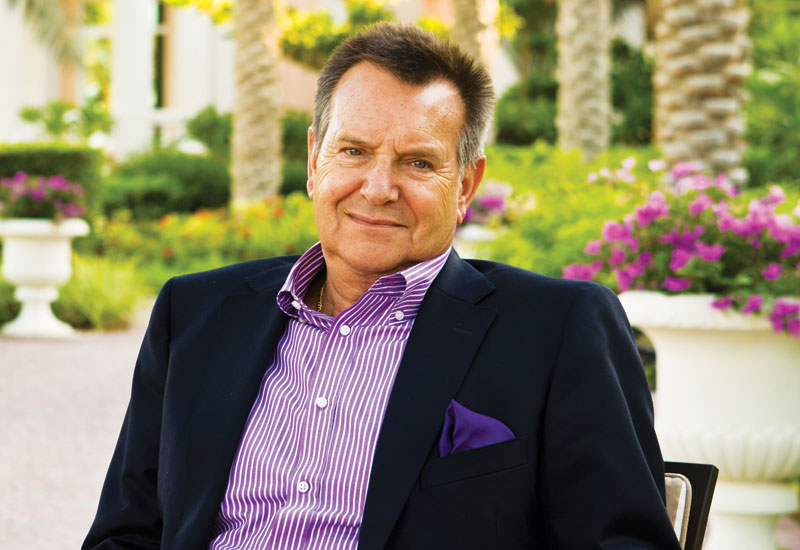“We are very, very aggressively pursuing opportunities in the Ivory Coast and in Senegal,” adds Eckhardt. “We also have interests in the Central African Republic, in Angola, in Cameroon. We have a project going in Rwanda, we are very actively involved in Namibia.
“On the east coast moving forwards, Madagascar, Mauritius, we are looking at all the islands.”
And while he admits the hotels, such as Kempinski N’Djamena, have been affected by travel warnings and UN sanctions, he says “it doesn’t deter us from going there”.

| Advertisement |
Ultimately, “we want to have a clear differentiated brand awareness for Kempinski in Africa from all the other brands. There are of course the old timers, Hilton and InterContinental, but they’re all out, on the way out, and Kempinski is the new kid on the block,” Eckhardt asserts.
“It gives us a great advantage. We are completely and literally virgin to the old ailments of our competitors because they’re regarded as being part of the exploiting machine of the past so that gives us a lot of advantages. But everybody else is there and everybody else is becoming really aware, when you look at statistics and data it’s unbelievable, everybody seems to have woken up to Africa. It’s not easy to build a hotel there and it’s not easy to operate, if you want to do a good job,” he warns.
Hunt for innovation
With so many new hotels on the cards in the region and globally — Kempinski is targeting 121 hotels by 2015 — the company is also focused on refining the brand and delivering the luxury its guests demand.
However, finding that ‘new’ idea in order to really stand out is increasingly difficult, admits Eckhardt.
“It’s getting difficult, every day more difficult, to really innovate, or revolutionise parts of the industry. Somehow it always appears that somebody did it before so all you’re left with is doing it better. That’s essentially what it is,” he says.
“Of course, the iPad is becoming a tool rather than just a gadget and yes we are discussing these things and yes we are considering them and we are looking at equipping our hotels with ipod stations and music libraries and all sorts of things for the generation that goes with this. That’s not really innovation you know. That’s evolution. You simply follow and you try to do it better,” says Eckhardt.
At Kempinski, he says, they are “searching for real revolution in the industry”. According to Eckhardt the million-dollar question is, “Now how do you combine smartness with the traditional norms of luxury without becoming tacky?”
“Do luxury guests want to be preregistered, like they are with airlines? Where does the luxury start and where does it end you know?
“These all become very complex, they seem to be very easy subjects but I think there is a complexity to it. I certainly wouldn’t want it, but there are people that do.
“I wouldn’t want to be pre-registered, why would I? I’d rather talk to someone at the front desk. The whole sense of arrival goes down the drain and the adventure of meeting people when you check in the hotel is gone. And we are a people business, so where’s the gimmick?
“I personally don’t believe in it but I’m sure there are people who do, some probably even sitting around the table now,” he says, casting his eye over the team.
And with that, the senior management disperse, retracting back into their corporate and general managers meetings at Kempinski on The Palm Jumeirah. With clear development, staffing and sales strategies marked out, it seems that if Eckhardt can answer his question — and I heavily suspect he is withholding his own solution — then Kempinski will be onto a winning streak in the Middle East, as well as Africa over the next few years.









 Search our database of more than 2,700 industry companies
Search our database of more than 2,700 industry companies









